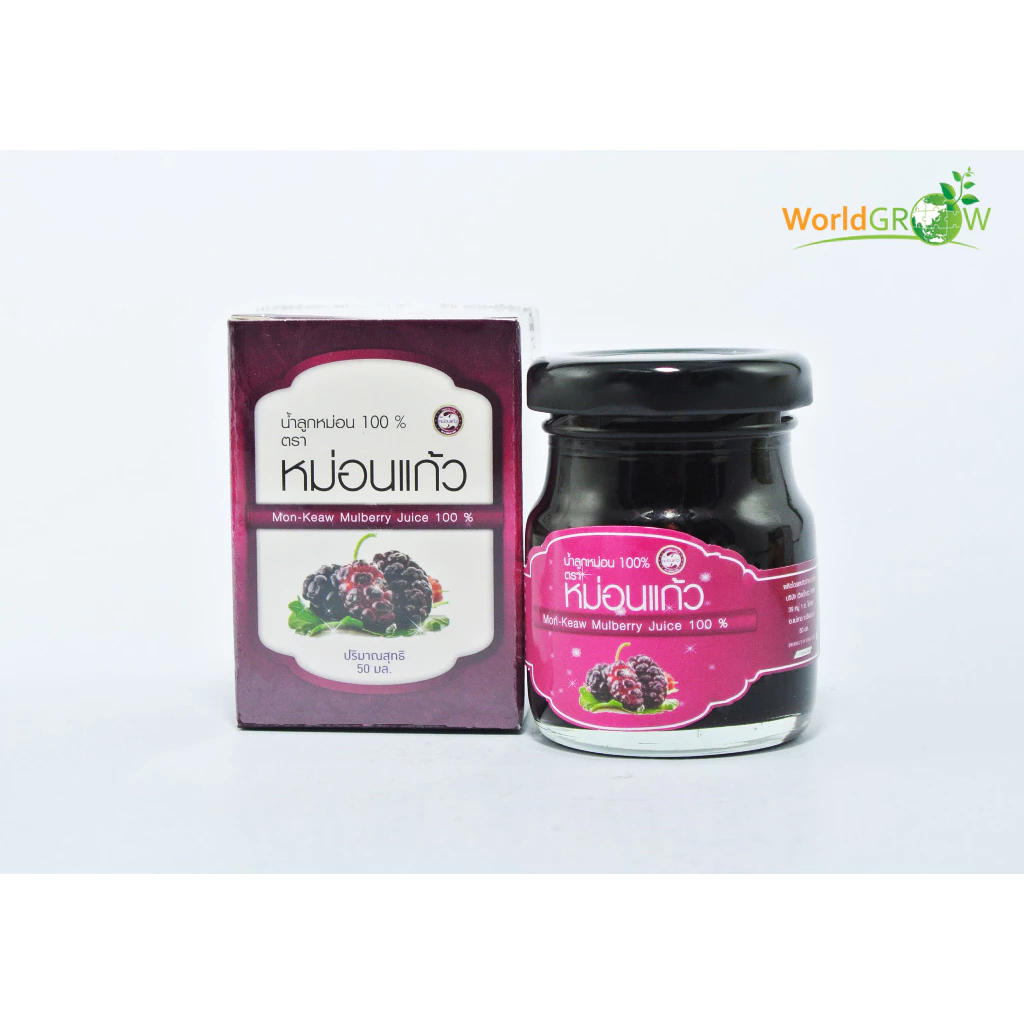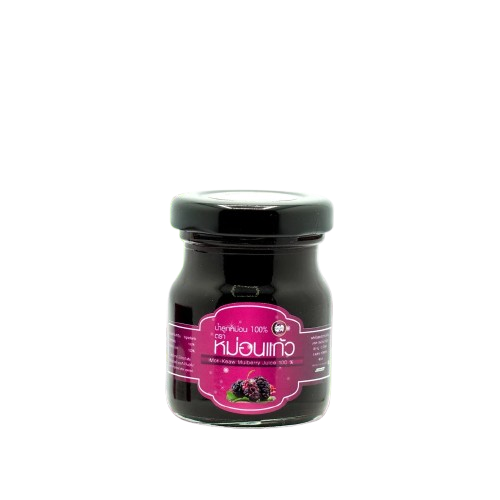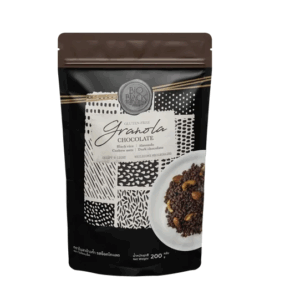Mon-Keaw Mulberry Juice 100%
Mulberries are small, sweet fruits that are packed with nutrients and are believed to have a variety of health benefits! They are rich in vitamin C, iron, vitamin K1, vitamin E and potassium.
$1.50
Compare“Mulberry is a small sweet fruit that is full of nutritional value. It is also believed to have many health benefits! It is rich in vitamin C, iron, vitamin K1, vitamin E and potassium, as well as phytochemicals that are beneficial to health, such as anthocyanin, cyanidin, chlorogenic acid, myricetin and rutin. As a result, there has been more research on the effectiveness of this fruit in treating and preventing various diseases.
Health benefits of mulberry
– Reduce blood sugar levels. Mulberry is rich in 1-deoxynojirimycin, a natural alpha-glucosidase enzyme inhibitor that helps slow down the increase in glucose in the bloodstream. It may be effective in treating non-insulin-dependent diabetes or type 2 diabetes.
– Reduce blood fat levels. In addition to its effectiveness in reducing blood sugar levels, it is interesting that 1-deoxynojirimycin, which is abundant in mulberry leaves, also has a positive effect on blood fat levels.
– Prevent cancer Researchers have experimented by adding 1-deoxynojirimycin from mulberry to the food of mice with colon cancer. It can kill and inhibit the growth of cancer cells. In addition, there are also some evidences of the effectiveness of mulberry against other types of cancer, such as testing the antioxidant properties of polyphenolic, ferric, and phenolic compounds extracted from mulberry on prostate cancer cells.
– Nourishes memory Berries are well-known for nourishing and preventing memory deterioration. Mulberry is often mentioned for its benefits in reducing the process of free radicals that damage and kill cells. This results in better functioning of the brain’s learning and memory areas, as well as protecting nerve cells from damage.
– Prevents cardiovascular disease Another benefit of mulberry that has been widely mentioned as being effective in treating cardiovascular disease is the cyanidin 3-glucoside (C3G), which is the most abundant substance in mulberry.
How to consume
– Drink 1-2 bottles a day.”
Industry Specific Attributes
| Type | N/A |
|---|---|
| Shape | N/A |
| Packaging | N/A |
Other attributes
| Storage Type | N/A |
|---|---|
| Specification | N/A |
| Manufacturer | N/A |
| Ingredients | N/A |
| Address | N/A |
| Place of Origin | N/A |
| Product Type | N/A |
| Color | N/A |
| Feature | N/A |
| Brand Name | N/A |
| Shelf Life | N/A |
| HS Code | N/A |
Packaging and delivery
| Packaging Details | N/A |
|---|---|
| Port | N/A |
| Selling Units | N/A |
| Single package size | {{Single_package_size}} |
| Single gross weight | N/A |
Supply Abilitys
| Supply Ability | N/A |
|---|
Certificates
Lorem ipsum dolor sit amet, consectetuer adipiscing elit. Aenean commodo ligula eget dolor. Aenean massa.
Login





